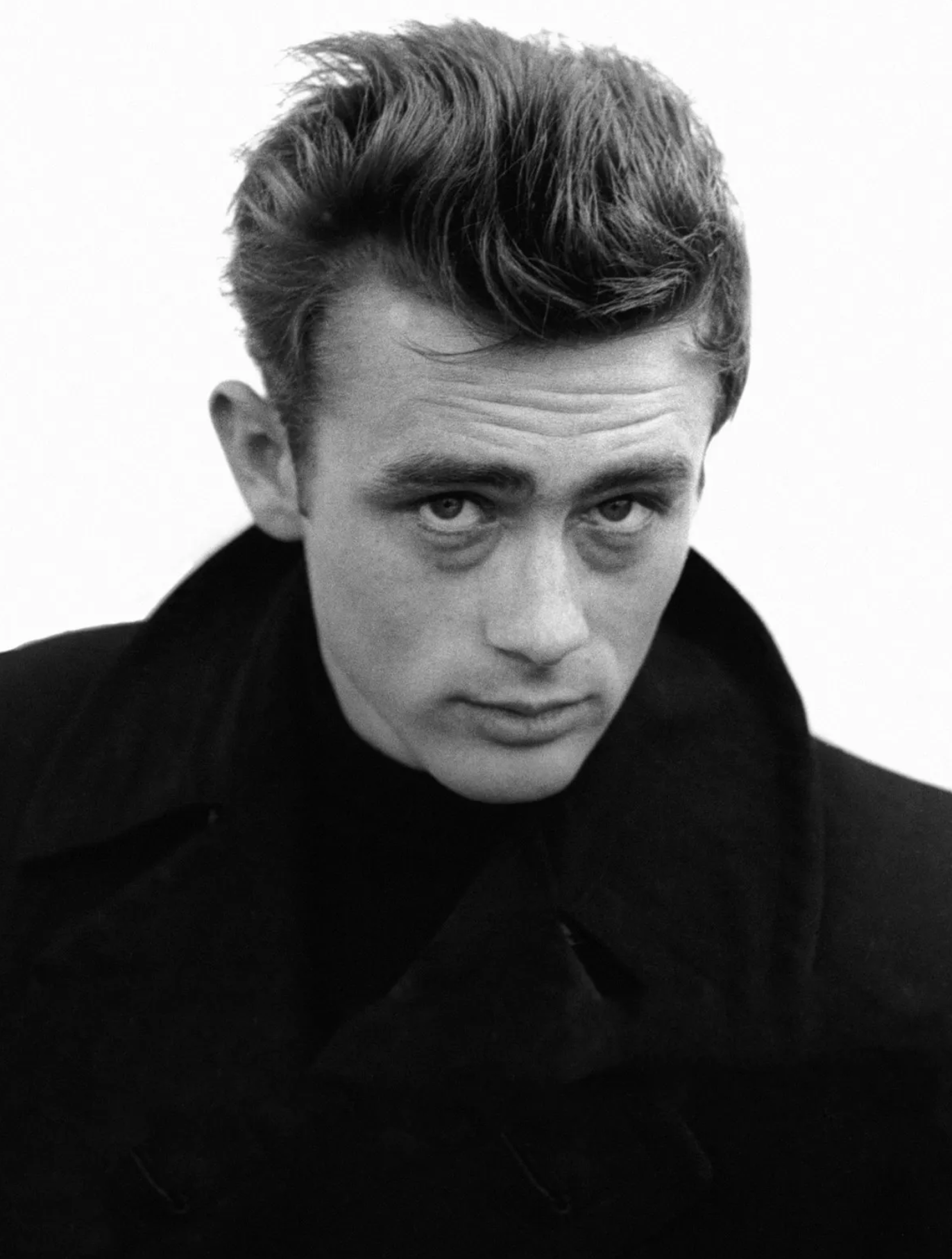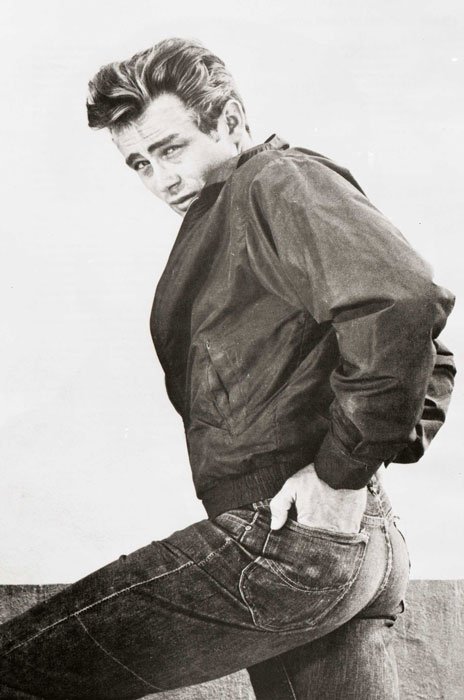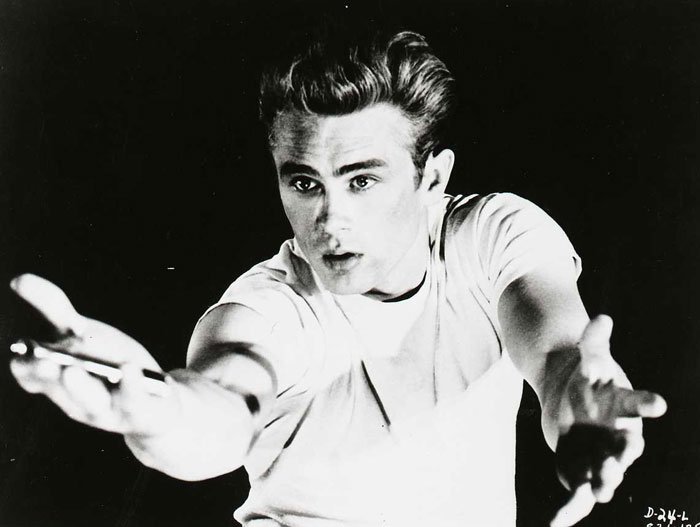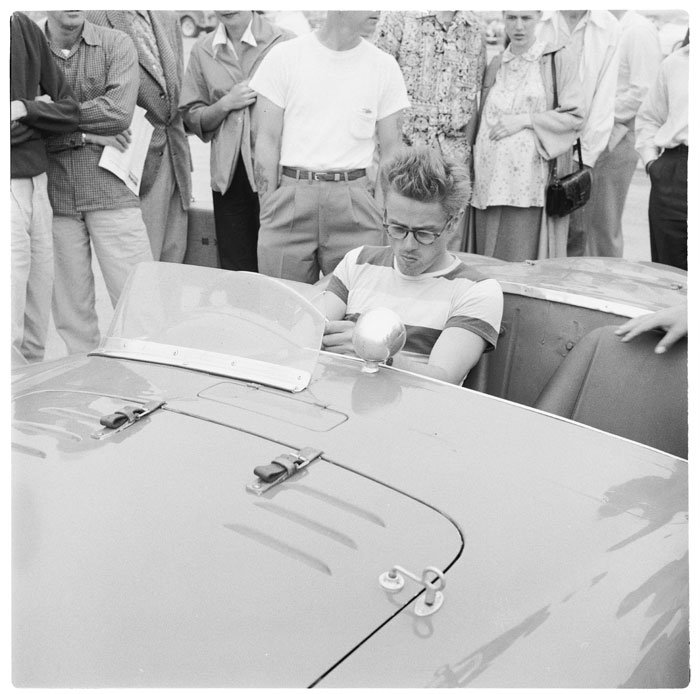
Rebel
The James Dean Musical
The Man. The Musical.
One of the most iconic figures in American cinematic history, James Dean remains forever etched as a brooding, intelligent, and romantic figure. Projecting a sexual charisma that appealed to men and women, Dean may be best recalled for his three major movie roles, but behind that small output was a serious-minded, disciplined, and trained actor.
Six decades have passed since his death, and his influence is heavily ingrained in pop culture today. The vulnerability in his personal life and his works on camera displayed a new kind of courage that peers, fans, and contemporaries fell in love with, and strived for. Dean is the only actor in history to have been nominated for the Best Actor in a Leading Role Academy Award two years in a row (East of Eden, 1956 and Giant, 1957) and the first to receive a nomination posthumously.
Greatness is rarely experienced without its fair share of hardships; in this, Dean was no exception. Unspoken trauma, problematic personal relationships, his mother’s death, and his father’s absence in his formative years shaped him and would be prevalent for the rest of his truncated life. Such events also had a hand in shaping his unique acting style; the fledgling actor garnered a reputation for being unstructured in his technique (much to the frustration of numerous co-stars), elevating his craft to new heights.
-
Book & Lyrics
TEGAN SUMMERMusic
JIMMY MARINOChoreography
DWIGHT RHODEN & DESMOND RICHARDSONScenic Design
ANDY WALMSLEY
-
James Dean was born February 8, 1931, in Marion, Indiana, to Winton and Mildred Dean. His father, a dental technician, moved the family to Los Angeles when Jimmy was five. He returned to the Midwest after his mother passed away and was raised by his aunt and uncle on their Indiana farm. After graduating from high school, he returned to California where he attended Santa Monica Junior College and UCLA. James Dean began acting with James Whitmore’s acting workshop, appeared in occasional television commercials, and played several roles in films and on stage. In the winter of 1951, he took Whitmore’s advice and moved to New York to pursue a serious acting career. He appeared in seven television shows, in addition to earning his living as a busboy in the theater district, before he won a small part in a Broadway play entitled See the Jaguar.
In a letter to his family in Fairmount in 1952, he wrote:
“I have made great strides in my craft. After months of auditioning, I am very proud to announce that I am a member of the Actors Studio. The greatest school of the theater. It houses great people like Marlon Brando, Julie Harris, Arthur Kennedy, Mildred Dunnock…Very few get into it, and it is absolutely free. It is the best thing that can happen to an actor. I am one of the youngest to belong. If I can keep this up and nothing interferes with my progress, one of these days, I might be able to contribute something to the world.” [He worked with Arthur Kennedy in See the Jaguar; he would later star with Julie Harris in East of Eden, and Mildred Dunnock in Padlocks, a 1954 episode of the CBS television program, Danger.] Dean continued his study at the Actors Studio, played short stints in television dramas, and returned to Broadway in The Immoralist (1954). This last appearance resulted in a screen test at Warner Brothers for the part of Cal Trask in the screen adaptation John Steinbeck’s novel, East of Eden. He then returned to New York where he appeared in four more television dramas. After winning the role of Jim Stark in 1955’s Rebel Without a Cause, he moved to Hollywood.
In February, he visited his family in Fairmount with photographer Dennis Stock before returning to Los Angeles. In March, Jimmy celebrated his Eden success by purchasing his first Porsche and entered the Palm Springs Road Races. He began shooting Rebel Without a Cause that same month, and Eden opened nationwide in April. In May, he entered the Bakersfield Race and finished shooting Rebel. He entered one more race, in Santa Barbara, before he joined the cast and crew of Giant in Marfa, Texas.
James Dean had one of the most spectacularly brief careers of any screen star. In just more than a year, and in only three films, Dean became a widely admired screen personality, a personification of the restless American youth of the mid-’50s, and an embodiment of the title of one of his films, Rebel Without a Cause. En route to compete in a race in Salinas, James Dean was killed in a highway accident on September 30, 1955. James Dean was nominated for two Academy Awards, for his performances in East of Eden and Giant. Although he only made three films, they were made in just over one year’s time. Joe Hyams, in the James Dean biography, Little Boy Lost, sums up his career:
“There is no simple explanation for why he has come to mean so much to so many people today. Perhaps it is because, in his acting, he had the intuitive talent for expressing the hopes and fears that are a part of all young people… In some movie magic way, he managed to dramatize brilliantly the questions every young person in every generation must resolve.”
©James Dean assets shared with permission of CMG Worldwide and JamesDean.com.








